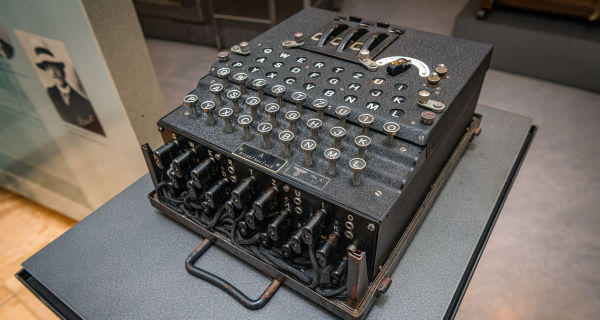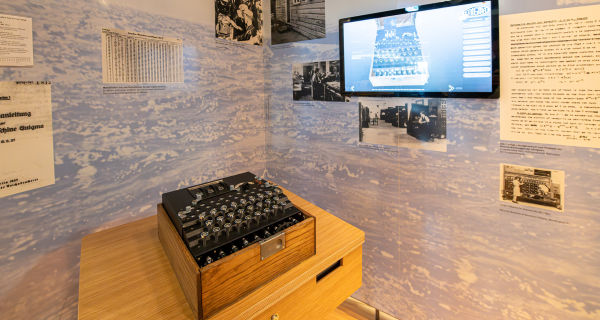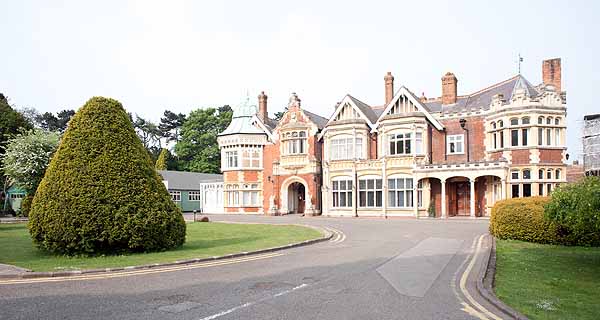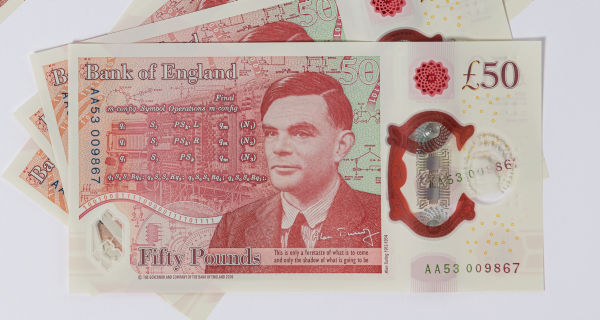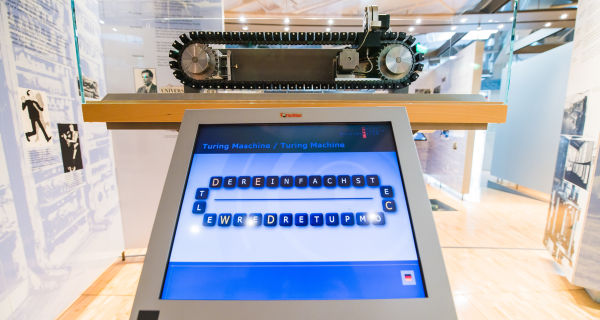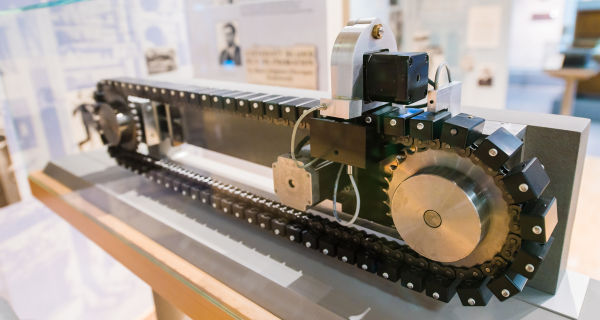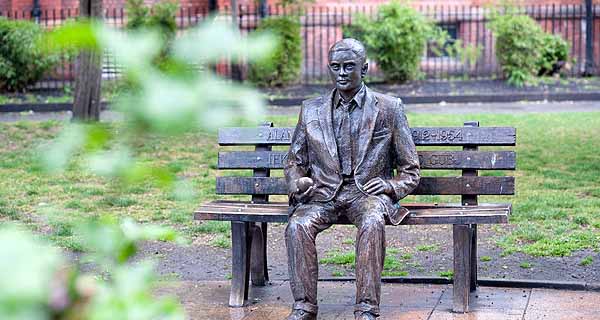In a paper on mathematical logic in 1936, Alan Turing, an English mathematician, proposed the construct of a very simple machine whose programs did not distinguish between data and instructions. Almost ten years before the universal computer was invented, Turing had found an abstract mathematical model for just such a machine - the Turing machine.
Codebreaking war hero
Alan Turing was born in London in 1912, and grew up with his older brother in foster families in England. His parents lived in India, where his father was employed in the Indian Civil Service. Turing studied mathematics at King's College, Cambridge, from 1931 to 1934, and was appointed Fellow there in 1935. During World War II, he worked at the Government Code and Cypher School at Bletchley Park, where he played a significant role in breaking the German codes that had been generated with the Enigma cypher machine.
At the end of the war Turing turned his attention to computer development, first at the National Physical Laboratory in Teddington (1945-47), where he developed the concept of the Automatic Computing Engine (ACE) – then the world’s fastest computer.
As of 1948, as deputy director of the computing laboratory at Manchester University, he was notably involved in programming the Manchester Mark I Computer, for which he also wrote the user manual.
In 1952 Alan Turing was sentenced to an inhumane 12-month course of oestrogen treatment designed to combat his homosexuality. He took his own life one year after completion of the treatment, on 7 June 1954 in his house in Wilmslow near Manchester.
Groundbreaking theorist
Alan Turing’s theoretical and practical concepts profoundly influenced the invention of the British computer with electronic programme memory in the 1940s and 1950s. The Turing machine still provides an important basis for research into theoretical information technology today, and the Turing test proposed by him in 1950 in response to the question “Can machines think?” lent impetus to the development of artificial intelligence.
